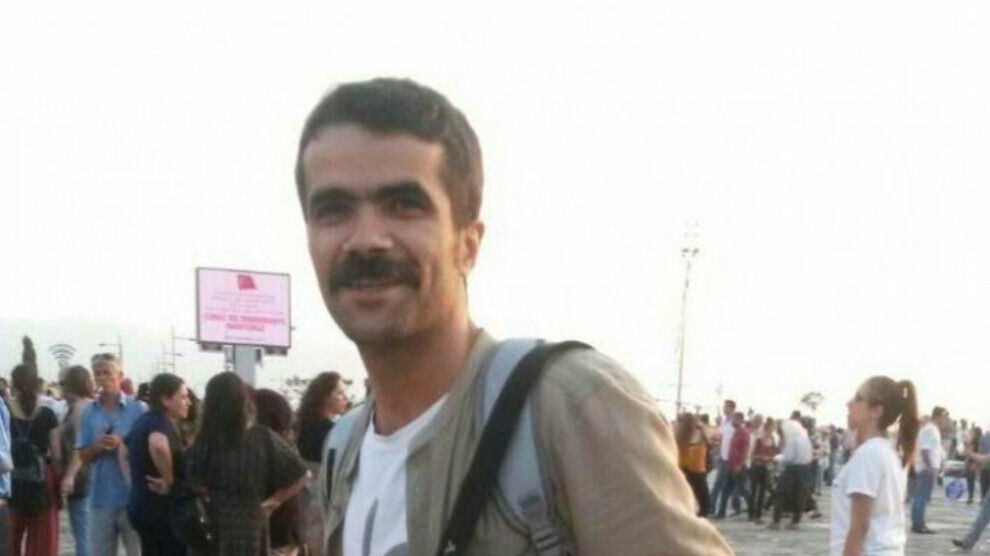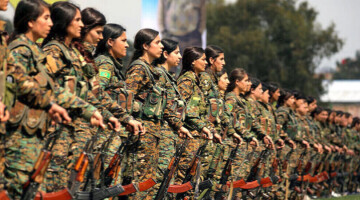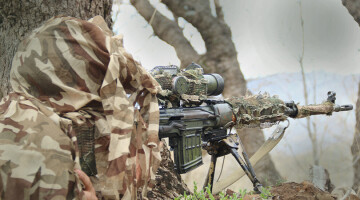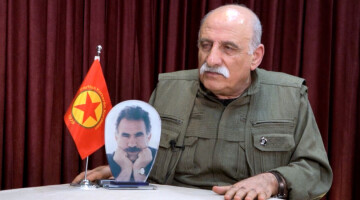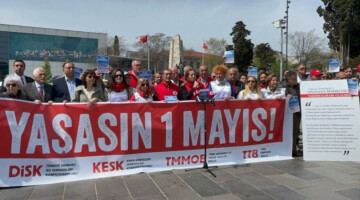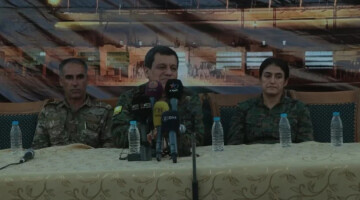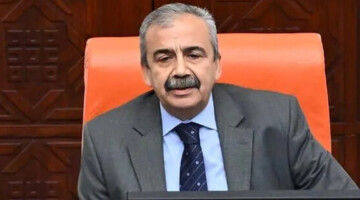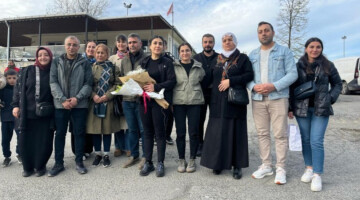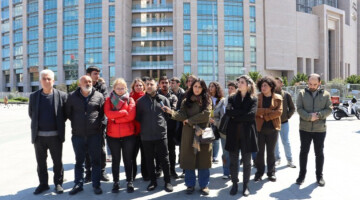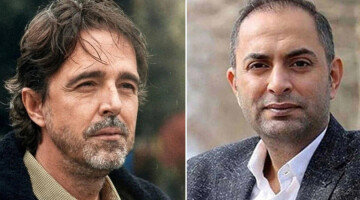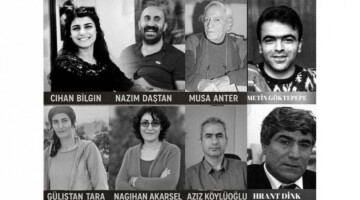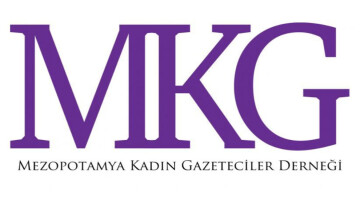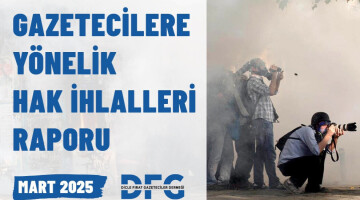The case brought against Ismail Çoban, the former editor-in-chief of the Kurdish newspaper Azadiya Welat, which was closed by decree, was heard at Diyarbakır 7th High Criminal Court.
The lawsuit filed against Çoban with the allegation of "making propaganda for a terrorist organization" in 15 news and articles in 9 issues of the newspaper in 2013, was reopened after the 5-year prison sentence given to Çoban was overturned by the Court of Appeal, considering that it might be related to another lawsuit filed against the journalist. The Court sentenced Çoban to 4 years and 6 months in prison.
The fact that the journalists were not allowed to attend the hearing, which started with a delay, brought around the "publicity of the trial" debate. Çoban's lawyer Resul Tamur, said: "The hearings are public, why don't you allow journalists inside?" In response, the president of the court pointed to his own bodyguard, who was sitting in the hall, and said: "Lawyer, I have a bodyguard inside. With this, publicity takes place." The lawyer then said: "The bodyguard has a gun on his waist, and the journalist has a pen in his hand. Is the journalist more dangerous than the bodyguard? Is that why you are not allowing him to the hearing?"
The Public Prosecutor repeated the opinion he had given in the previous hearing asking for a prison sentence and demanded that Çoban be condemned for "making propaganda for an illegal organization".
Çoban, who attended the hearing from prison via Audio and Visual Information System (SEGBIS), made his defense in Kurdish. His statement was translated into Turkish through an interpreter. He demanded to be acquitted, stating that news and publications deemed as criminal acts by the court, were in fact made within the scope of journalistic activity and that this was not a crime.

